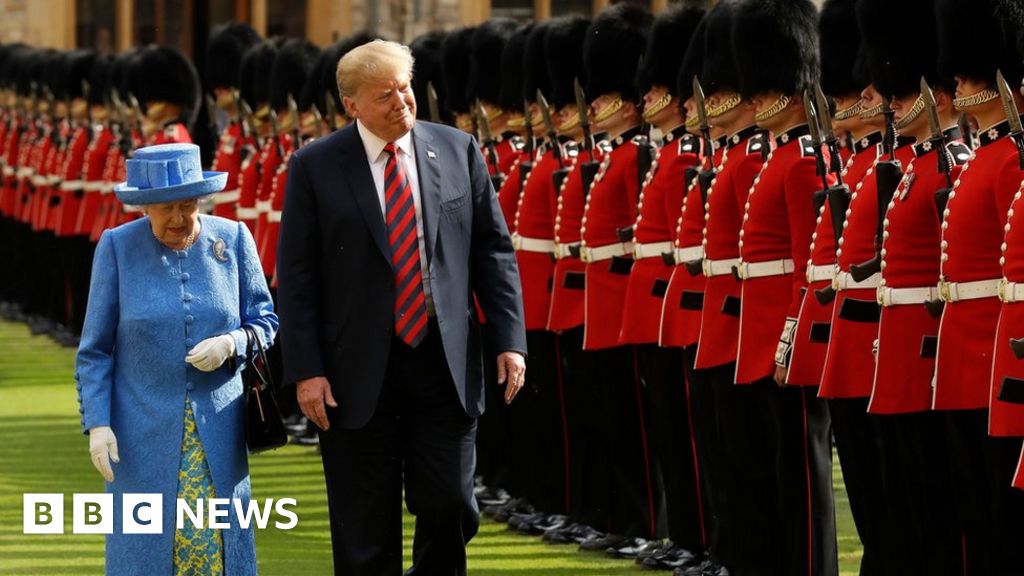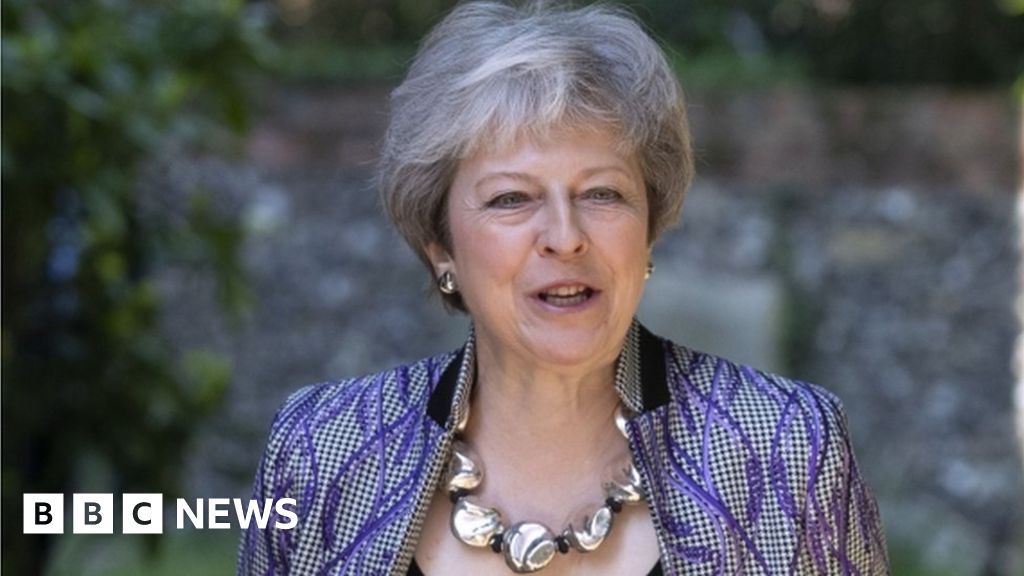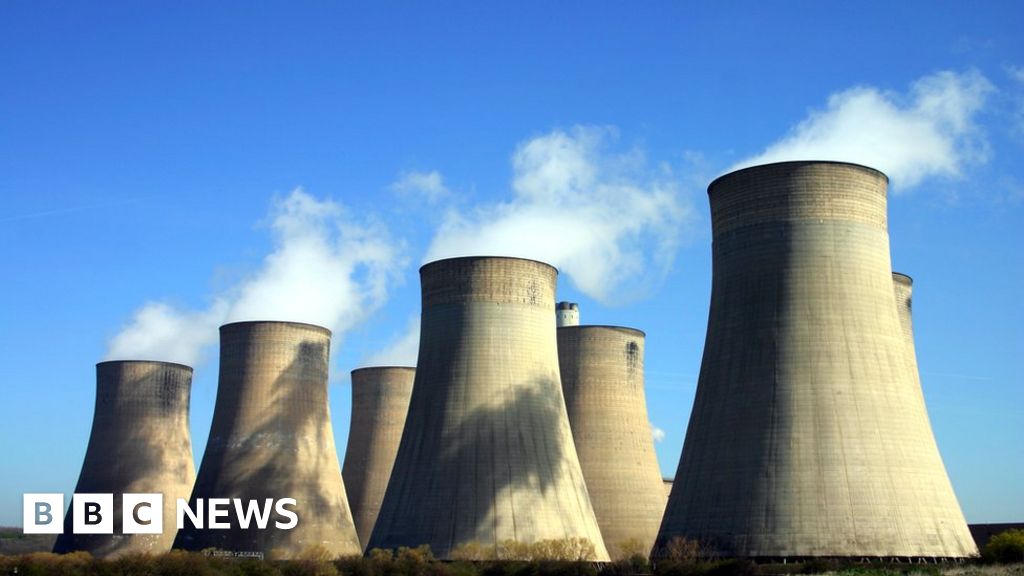
US President Donald Trump will make a three-day state visit to the UK from 3 to 5 June, Buckingham Palace has announced.
The president and First Lady Melania Trump will be a guest of the Queen and attend a ceremony in Portsmouth to mark the 75th Anniversary of D-Day
He will also hold talks with the prime minister at Downing Street.
Mr Trump met the Queen at Windsor Castle when he came to the UK in July 2018 on a working visit.
He also held talks with Mrs May at Chequers before heading to Scotland, where he owns the Turnberry golf course.
The president was promised the visit by Prime Minister Theresa May after he was elected in 2016 - but no date was set.
Mrs May said that June's State Visit was an "opportunity to strengthen our already close relationship in areas such as trade, investment, security and defence, and to discuss how we can build on these ties in the years ahead".
The White House said the visit will reaffirm the "steadfast and special relationship between the United States and the United Kingdom".
The Queen has hosted two previous State Visits from US presidents - George W Bush in November 2003, and Barack Obama in May 2011.
Other countries invited to the Portsmouth event on 5 June include Canada, France, Germany, Australia, New Zealand, Belgium, Luxembourg, Poland, Norway, Denmark, Netherlands, Greece, Slovakia and the Czech Republic.
The gathering on Southsea Common will involve live performances, military displays and tributes to the Allied troops who fought in Normandy, including a flypast of 26 RAF aircraft and at least 11 Royal Navy vessels in the Solent.
After leaving the UK, Mr Trump and his wife will travel to France for a series of D-Day commemorative events on 6 June.
£18m policing costs
The president's last visit to the UK was marked by demonstrations.
In London, thousands of people took to the streets to voice their concerns.
And in Scotland, people showed their displeasure, both in Edinburgh and at Turnberry.
The National Police Chiefs' Council estimated that the police operation for the president's 2018 visit cost nearly £18m.
It said 10,000 officers from across the country were needed to cover the occasion.
The campaigners behind the 2018 protests - the Stop Trump coalition and Stand Up To Trump - have vowed to mobilise "huge numbers" once again in response to the visit.
A spokeswoman for Commons Speaker John Bercow said a request for Mr Trump to address Parliament would be "considered in the usual way", but did not say whether a request had yet been received.
Mr Bercow previously said he would be "strongly opposed" to Mr Trump addressing the Houses of Parliament during a state visit.
What is a state visit?
A state visit is a formal visit by a head of state and is normally at the invitation of the Queen, who acts on advice from the government.
State visits are grand occasions, but they are not just ceremonial affairs. They have political purpose and are used by the government of the day to further what it sees as Britain's national interests.
Once the location and dates are confirmed, the government, the visiting government and the royal household will agree on a detailed schedule.
So what is involved?
The Queen acts as the official host for the duration of the trip, and visitors usually stay at either Buckingham Palace or Windsor Castle.
There is usually a state banquet, and a visit to - and speeches at - the Houses of Parliament may be included. The Speaker of the House of Commons is one of three "key holders" to Westminster Hall, and as such, effectively holds a veto over who addresses Parliament.
The Queen usually receives one or two heads of state a year. She has hosted 109 state visits since becoming monarch in 1952.
The official website of the Queen and the Royal Family has a full list of all state visits since then, including details of how the ceremonies unfold.
https://www.bbc.com/news/uk-48020410
2019-04-23 11:43:38Z
CBMiJGh0dHBzOi8vd3d3LmJiYy5jb20vbmV3cy91ay00ODAyMDQxMNIBKGh0dHBzOi8vd3d3LmJiYy5jb20vbmV3cy9hbXAvdWstNDgwMjA0MTA

